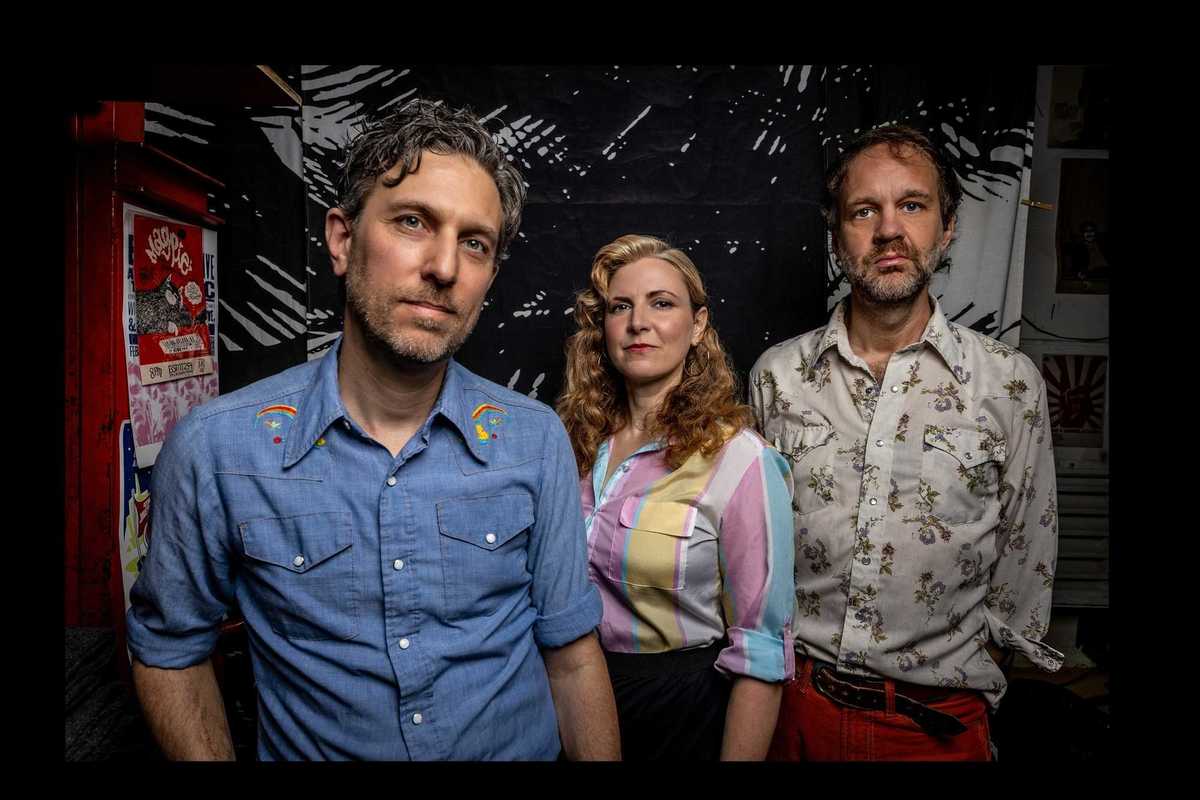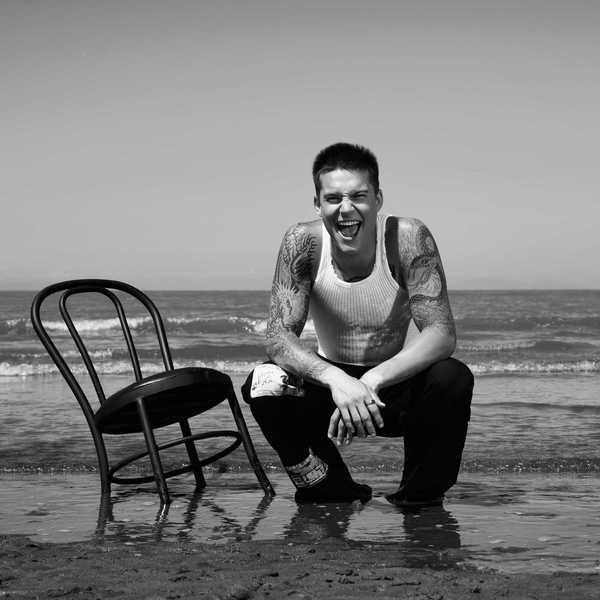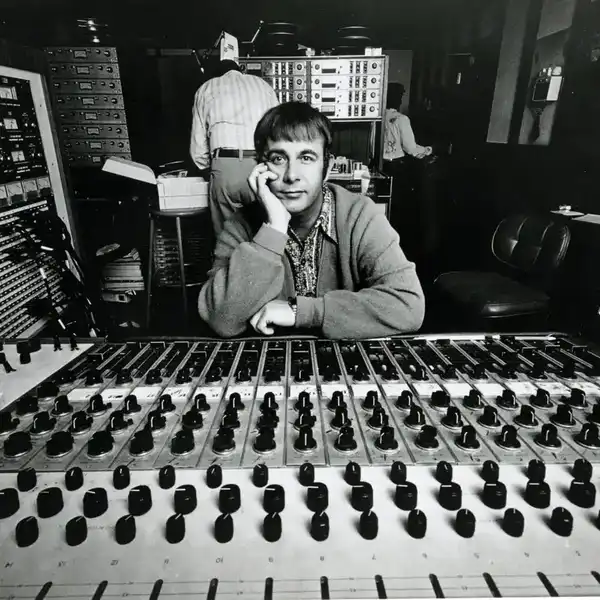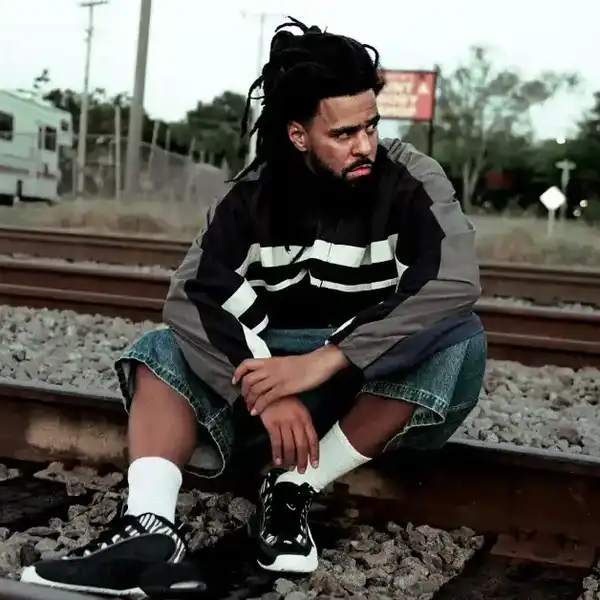Five Questions With… Cowboy Junkies' Michael Timmins
The leader of the Toronto folk-rock veterans discusses the group's first album in six years, their influence on younger artists, and a wish that the US made touring there easier.

By Jason Schneider
Among the many wonderful things about Cowboy Junkies is their steadfast commitment to doing things their way and on their own time, without ever losing the trust of their devoted international audience. The Toronto folk-rock institution’s new album All That Reckoning—out now on their own label, Latent Recordings—follows a six-year gap since the band’s ambitious four-record Nomad Series, but shows that the trademark sound they developed before anyone and conceived the term “alt-country” remains as hauntingly compelling today as it did then, perhaps even more so.
Although guitarist and primary songwriter Michael Timmins has been involved in other projects, such as Lee Harvey Osmond, The Kennedy Suite, and producing other artists, All That Reckoning proves he still saves his best work for the Junkies and that Margo Timmins remains his natural interpreter. Like most of us, the band has been trying to make sense of everything that’s been happening over the past few years, and the songs on All That Reckoning deeply explore themes of fear, cynicism, and what happens when society begins to fray at the edges.
In essence, it’s an album that has arrived at the precise moment we need it, allowing fans to draw strength not only from its messages, but also the devotion that the Timmins siblings, along with Alan Anton and Jeff Bird, continue to display toward each other, and this humble band they started over 30 years ago.
Cowboy Junkies are currently playing select dates in the U.S. before embarking on an Ontario theatre tour in October. For more info go to cowboyjunkies.com.
What songs on the new album do you feel best represent the band's current musical vision?
That's really hard to say. I don't think we think in terms of “musical vision”—when we finish working on a new song we kind of look at each other and ask, “Does that sound cool?” If the answer is yes we keep it and move on; we don't over-think things too much. We are at heart a live band so with any new album we want to make sure that there are a handful of songs that will stand the test of time—and hundreds of performances on stage. Those are usually the songs with more “blues” influences; songs that have an open-endness that will continue to grow with multiple performances. “Sing Me A Song” and “Missing Children” are prime examples of that on the new album.
Your sound remains distinctive after 30 years, but do you have any sense of the influence you've had on the current generation of folk-rock artists?
I've always been pretty oblivious to our influence on other artists. It's not uncommon for me to play a song for my wife from a new band that I've just heard and tell her how much I like it, only to have her point out that it sounds exactly like the Junkies. But it is a great feeling when someone comes up and lets you know that our music has positively influenced them and helped push them into making music.
What's been the most significant change in your life over the past year?
My three kids are all hitting their late teens and beyond. One of them left home this year, and another is due to move in the coming year. It's all a cause for celebration but it is also a significant change for my wife and I being left behind. And I turned 59 which means I turn 60 next year and it is freaking-me-the-fuck out!
If you could fix anything about the music industry, what would it be?
Wow, where do we begin? If I were king and was told that I could change two things that I think would really help Canadian musicians in 2018 they would be, first, allow Canadian musicians to be able to get work permits to tour in the U.S. as easily, quickly and cheaply as U.S. musicians are able to do so for performing in Canada. It's so difficult for young bands to tour in Canada because of geography and population and yet there are markets of over 100 million people within an eight-hour drive of Montreal, Toronto, and Vancouver. But a young band is basically blocked from accessing those markets because of the restrictive visa applications that we all have to work under.
The second thing would be to get the telecoms to start paying musicians—and filmmakers—for all of the content that we create and which is accessed through their networks, which in turn causes their customers to purchase more and more data. I want to see musicians get a cheque from “Mega Telecom Corp” every month, which is somehow linked to the revenue being created by data-use. Data that is being bought by people so that they can access the content that we create. I would happily accept my .001 cent per stream from Spotify if I was also being paid from the top end of the food chain where all the real money is being generated. So yeah, let’s take on the U.S. government and the telecoms… good luck with that.
What are your fondest musical memories as you were growing up?
Sneaking into my older brother’s room and going through his record collection to listen to what new music he had brought in to the house that week... Transformer, Ziggy Stardust, Zeppelin 4, all those great albums of the early 70's were to be found on his bedroom floor, waiting for me to discover and for my world to open up.

















